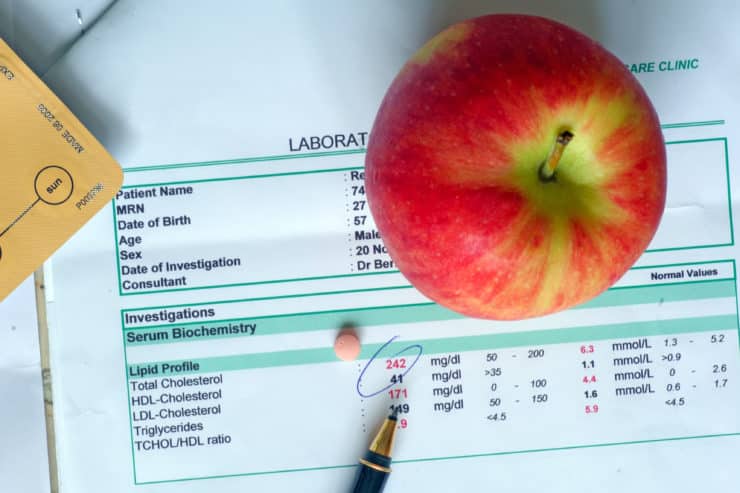FAQ
Seeger Weiss helped secure a $41.5 million settlement with Merck & Co., Inc. and Schering-Plough Corporation, resolving nationwide fraud claims arising out of the sale and marketing of the companies’ co-ventured prescription drugs Zetia and Vytorin. The claims, which sought cost reimbursements and other fraud-based damages, were brought by consumers and unions, employers and other thirdparty payers in federal proceedings in Newark, New Jersey before the Honorable Dennis M. Cavanaugh of the United States District Court in New Jersey.
The settlement concluded over 140 actions coordinated for pretrial purposes under In Re Vytorin/Zetia Marketing, Sales Practices and Products Liability Litigation, in which Seeger Weiss founding partners, Christopher A. Seeger and Stephen A. Weiss, serve as Co-Liaison Counsel for the Plaintiffs’ Executive Committee, along with James E. Cecchi of Carella, Byrne, Bain, Gilfillan, Cecchi, Stewart & Olstein.
Under the agreement, in which Merck and Schering-Plough did not admit to liability, the companies provided partial reimbursement to consumers and nongovernmental purchasers, including union health and welfare plans, self-insured employers, and insurers, who from November 1, 2002 through the date of the court’s settlement approval purchased Zetia and Vytorin prescriptions.
The lawsuits, which alleged violations of the federal racketeering laws, accused Merck and Schering-Plough of engaging in a scheme to suppress 2006 results of clinical studies in order to prolong billions of dollars in annual sales expected to be lost with the expiration of Merck’s patent for the blockbuster cholesterol drug, Zocor, a statin. The scheme was also designed to enhance the sales of Zetia, a highly popular non-statin cholesterol drug patented by Schering-Plough, but marketed and sold jointly with Merck.
Plaintiffs contended that Merck conspired with Schering-Plough in 2003 to combine Zetia with Zocor under the Vytorin label. In so doing, the two companies marketed Vytorin as more effective in reducing cholesterol than Zetia and Zocor alone, as well as being effective in blocking arterial plaque that can cause heart attack and stroke.
The lawsuits also alleged that the companies have known since 2006 that Vytorin was no more effective than the generic version of Zocor in blocking plaque, despite being effective in lowering LDL, or “bad” cholesterol. In failing to disclose these facts, Merck and Schering-Plough were allegedly able to cause consumers and third-party purchasers to pay significantly higher prices than the cost of equally effective alternatives available on the market.
As Chris Seeger, who was the principal negotiator for the Plaintiffs’ Executive Committee, observed: “As individuals, businesses and other organizations struggle to pay for rising costs of healthcare, this settlement will help ease their burden. It will also put pharmaceutical companies on notice that they must play by the rules and fully disclose all material facts that are known to them so individuals can make informed choices on how they spend their health care dollars.”
Seeger and Weiss were joined in the actions by firm partners Diogenes P. Kekatos and Jeffrey S. Grand.
